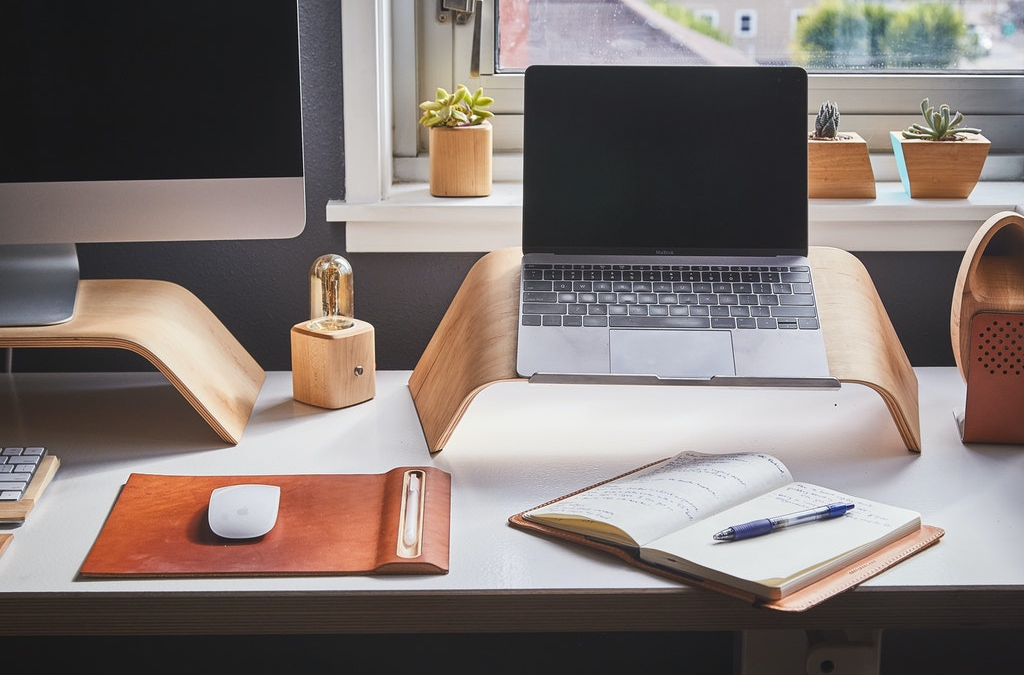Various companies in the UK are not only trialling a 4-day week, but some offering further benefits in order to look after their employees, some including a free company holiday!
Flexible working was enforced across the country throughout the pandemic, however coming out of the pandemic, we are seeing a new normality of flexible working, with the options of both working from home and attending the office. Although there are plenty of benefits that follow through with working from home, such as more time to yourself, less time commuting, saving on costs, it is also important to highlight the challenges that we may/have encounter too.
One major element of working from home is the lack of distinction between personal and work lives. Everything almost becomes one, and it might seem like we don’t get a break, especially when work and personal responsibilities occur all in one environment. In addition to this, it also gave co-workers an insight into our lives whilst on Zoom calls and cameras have to be switched on, for example, which some may find uncomfortable or too invasive. On the other hand, allowing team mates to see an element of our lives they wouldn’t usually see, can enhance personal relationships, creating a better working environment. Oprah gives some advice here on how to establish a clear division between personal and work lives, however some may prefer these two blended together, which is also fine!
There has also been a huge change in the way that organisations are managing the mental health of their employees, offering free therapy, exercise classes or perhaps time out when necessary. Prior to the pandemic, it was less frequent that employees found themselves in a working environment that was as flexible as it is now, and this flexibility also gives us the opportunity to work on ourselves mentally. The huge shift in progress from focusing solely on physical health, to now giving the equal amount of effort towards our mental health, especially with the support of employers, it will lead to a better mindset of employees, whilst creating an open culture where these issues can be spoken about amongst each other.
In terms of productivity, the pandemic lead to the majority of organisations working from home, which lead to an increase in the use of technology to deliver training/onboarding new employees/work collaboratively. More time sitting on video calls as opposed to walking to meetings, a significant increase in screen time per day and less coffee catch ups can lead to feelings of both laziness and loneliness. It is important to therefore remain active, and ensure you go for walks, which will improve both physical and mental health, whilst perhaps taking time away from the screens at night, e.g., less television and mobile phone time! It is also a good idea to stretch, as sitting down all day does not do us any good, for now or the future and so Bupa have noted down a few stretches they advise here.
By Priya Tank
Working for Carers is a London-wide project that supports unpaid carers, aged 25 or over, to move closer to employment. The project is led by Carers Trust and delivered by its network of partners across London. Working for Carers is funded by the European Social Fund and The National Lottery Community Fund.


